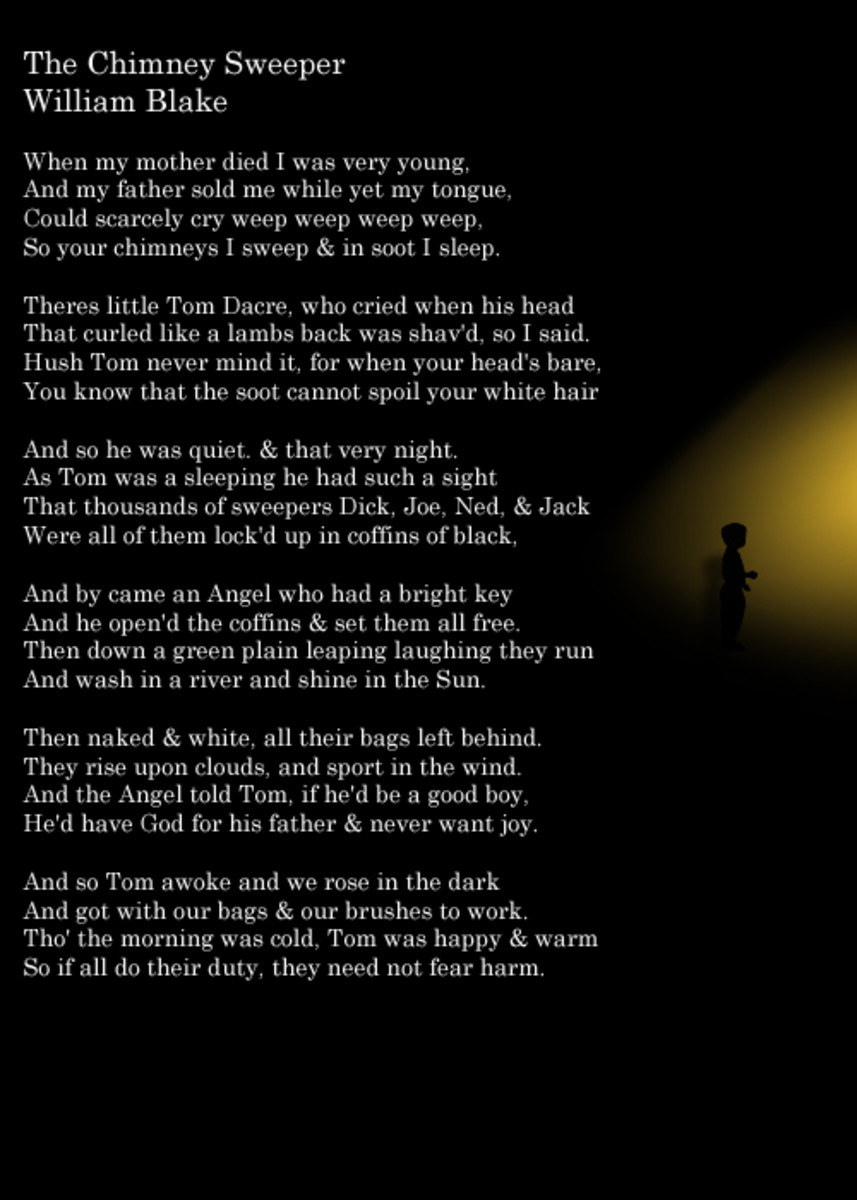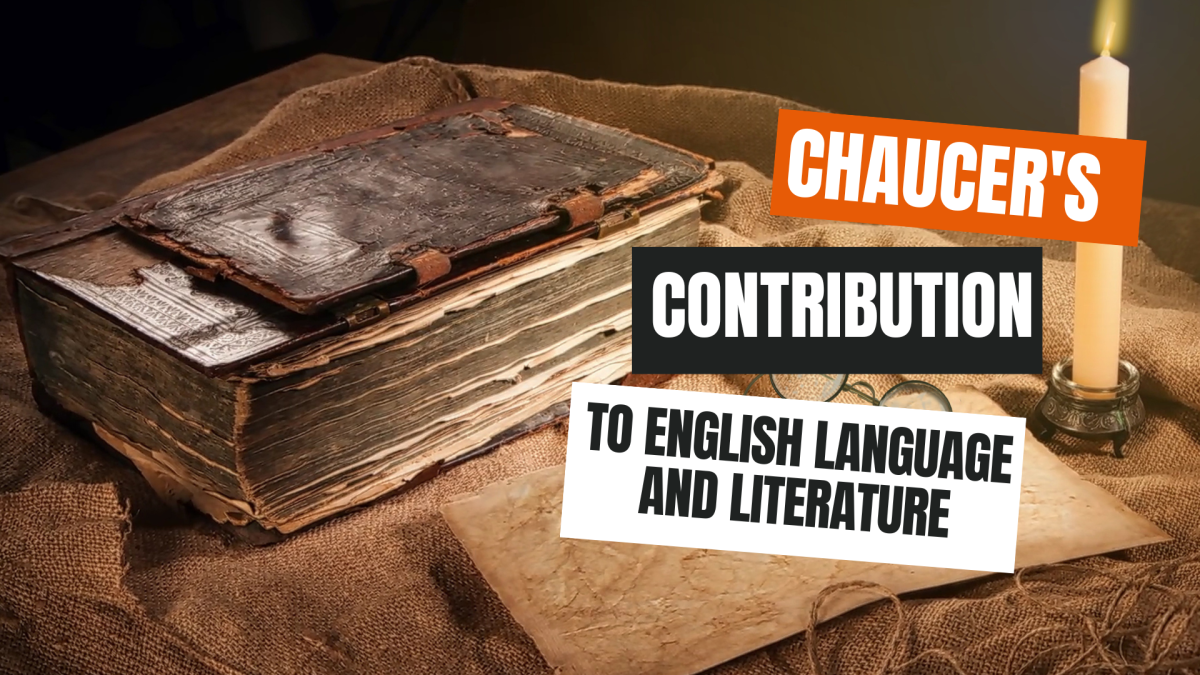In Praise of Poetry and Prose Fiction

In the more than 15 years since I last graced the classroom, reform has become the mantra of educators. In the mid-90s, I was working in the curriculum office of a school system that was ludicrously flawed. As a teacher who wrote a weekly opinion column for 15 years, I had become persona non grata for columns that detailed ridiculous teacher training for secondary school English teachers, training that included mandatory Play-Doh workshops and how to use dioramas to teach high school English. Of course, I also wrote about administrators who changed grades over the summer to appease parents who were irate that their children who had slept through classes and refused to do homework on their own time had not graduated because they had failed senior English, who committed social promotion for students who had been retained for nonperformance, or who in callous and unsubtle racism overlooked abysmal behavior because, they said, it is cultural.
I received letters of rebuke and reprimand for this wanton exercise of my Constitutional right to express my opinion; I was chastised by a principal who forbade me to speak while he railed against my latest column; and I had been subjected to emergency English department meetings called expressly to chastise me for not being a team player, for airing dirty linen in public.
I suffered verbal attacks on my character and integrity in teacher-parent meetings, not from parents, but from an associate principal who did not attempt to disguise his contempt for me. I understood. After my columns had prompted the school board to demote him from principal to associate principal, the new principal, not coincidentally, made him my evaluator.
Despite acknowledgment of my prowess as a teacher for twenty years, I had become anathema in the school system, not for anything pertaining to my teaching which was consistently rated as excellent or superior for more than two decades, but because I had broken the unwritten code of silence about the astonishing degree of corruption and collusion that rewarded lazy teachers who were easy graders, lazy students with vocal or influential parents, and administrators who kept their teachers in line. Had I not seen these machinations first hand, I would find such charges against an institution as innocuous and touchy-feely as a school system beyond credulity. However, I saw the most senior officials in my school and my school system conspire and collude to rid the system of this turbulent teacher until, hounded out of the classroom, I turned to full-time journalism.
One of my hobby-horses as a teacher was maintaining standards, whether in the material we covered in the classroom or what constituted work that merited an A or B grade. I had seniors who were stunned that they had received a failing grade on a paper, no matter how careless and shoddy, because they had “turned it in,” which they clearly had learned was sufficient to get at least some credit. I found such slapdash work insulting; it took longer for me to grade and write comments than it did took a student to scrawl a few illiterate lines and pass it in.
Even as a teacher I often said that what I liked least about teaching was having to deal with parents and administrators. Although there were notable exceptions, for the most part, the parents’ focus was to protect their children and the administrators’ focus was to keep parents happy so that they would not complain to central office administrators, whose focus also was to keep parents happy, but also to educate children sufficiently that the press doesn’t attack their inefficiency in public, which complicated the situation.
Among my tasks in the curriculum office was rewriting documents to make them more “accessible” to teachers. Lest I be accused of suggesting that all teachers are stupid, let me immediately say, not all. However, neither will they all receive awards for the power of their respective intellects. I know teachers who are far brighter and better educated than I (You have no idea how difficult that concession is.) but I also know teachers whose ability to find their way to school on a regular basis seemed to test the limits of their ability. Elementary schools seem to have far more of the latter than secondary schools, I will add gratuitously.
Among the documents I “translated” was the First Charter of Virginia because the instructional office feared that the archaic language might be difficult for some teachers. As a life-long Chaucer/Shakespeare aficionado, colonial English was a walk in the village square.
So, when I read on the front page of the Washington Post (“New school lit standards make teachers smolder,” December 3, 2012) that new standards for reading assignments require 50% nonfiction materials, I was less surprised than upset for at least two reasons:
1. Non-fiction texts appear organically across the curriculum, whether in history, science, social studies or math classes. As one who provided newspapers for students to read for at least the first ten minutes or so of class (and to submit at least one letter to the editor of a newspaper each week), I believe that non-fiction also arises naturally in English class.
2. Non-fiction rarely provides the levels of meaning, the nuances, the symbolism and richness of language that fiction provides.
When I taught 11th and 12th grade English, my students read and wrote every day. I loved to discuss literature and I loved to hear the insights my students had when they were allowed to tell me what they took away instead of hearing me tell them what they should take away from a piece. That is not to say that I didn’t offer my own view after I had heard from them, but I deplored and spurned the practice of some of my colleagues to tell students what an author meant.
I enjoyed hearing the sounds of good literature spoken well, and I savored having my interpretation modified by a student’s insights or by my own sudden illumination.
When I first encountered James Weldon Johnson’s sermon, “The Creation,” I read it silently, with the disdain peculiar to Anglo-Saxon English teachers. We were studying the Book of Genesis and I wanted to expose my students to different versions. The Johnson piece was folksy and earthy, written in the language of Mr. Johnson’s African American heritage, and to my casual and condescending (Anglo-Saxon) eye, primitive and beneath the definition of “literature” writ large.
In class, I decided to read it aloud to demonstrate the difference in language between the rich poetry of the version in the King James Bible and the primitive language of the Johnson version. What I had not anticipated was the power and majesty of this version when it was delivered aloud, as intended. I had not anticipated that my throat would constrict and my eyes tear at the magnificence, the profound beauty, of Johnson’s poetry. I felt humbled and, in the vernacular as well as literally, schooled.
That never has happened to me while reading the tax code.
I enjoyed the increasingly superficial complaints of students forced to memorize passages from Shakespearean drama, from Julius Caesar or Hamlet, or of acting out the joyous silliness of “Pyramus and Thisby” from A Midsummer Night’s Dream. It was a game that we all understood. They had to complain for the benefit of their friends, but they savored knowing some of the classy language Shakespeare offered. They couldn’t do it on their own without drawing questions of their virility for the boys or their wanting to act white for some of the black students. Liking Shakespeare is not necessarily cool, but when a teacher forces it on you….
I looked forward to my chance to ham up a recitation of T.S. Eliot’s “Hollow Men” or “The Love Song of J. Alfred Prufrock,” the life lessons of Langston’s Hughes’ “Mother to Son,” or the delicious shudders that the ultimate line of Thomas Hardy’s “The Second Coming” evinced.
I loved the chance to discuss Lorraine Hansberry’s prescience in “A Raisin in the Sun,” which I believe to be one of America’s two best plays or render my version of Jonathan Edwards’ (the other one) sermon “Sinner’s in the Hands of an Angry God.”
Since leaving the classroom, I have often and honestly said that what I miss most is “living in literature,” day after day reading and discussing with students who are seeing my favorite literature with fresh eyes and fresh perspectives.
English classes naturally will include nonfiction writing, as do classes across the curriculum, but I cannot image that nonfiction will also instill a lifelong love of reading for pleasure, or develop the critical thinking skills of examining works by Milton, Donne, Shakespeare, Dylan Thomas or T.S. Eliot.
The Post reports that David Coleman, the College Board chairman who led the effort to create the core curriculum, said that the increase is across curriculum, but principals and superintendents—the spastic colons of the educational system—have not read the guidelines carefully.
The article points out, “The specifics are spelled out in a footnote on page 5 of the 66-page standards.”
The Post article quotes University of Chicago professor Timothy Shanahan saying: “Schools are doing some goofy things—principals or superintendents are not reading.”
They don’t do well reading non-fiction.
At bottom it comes to this: do want to create a nation of non-fiction automatons or a nation of educated, well-rounded men and women who read for the love of reading and think critically because their exposure to close study of literature has made it impossible to do anything else.






